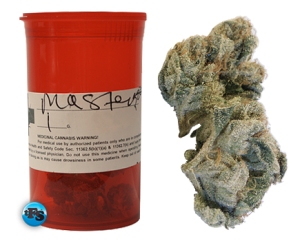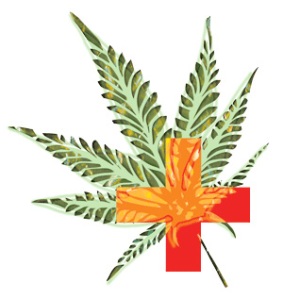Reviewed: Last Call: The Rise and Fall of Prohibition, by Daniel Okrent, Scribner, 468 pages, $30 Source: Cannabisnews.
What Can Today’s Crusaders Against Prohibition Learn From Their Predecessors Who Ended the Alcohol Ban?
Of the 27 amendments to the U.S. Constitution, the 18th is the only one explicitly aimed at restricting people’s freedom. It is also the only one that has ever been repealed. Maybe that’s encouraging, especially for those of us who recognize the parallels between that amendment, which ushered in the nationwide prohibition of alcohol, and current bans on other drugs.
But given the manifest failure and unpleasant side effects of Prohibition, its elimination after 14 years is not terribly surprising, despite the arduous process required to undo a constitutional amendment. The real puzzle, as the journalist Daniel Okrent argues in his masterful new history of the period, is how a nation that never had a teetotaling majority, let alone one committed to forcibly imposing its lifestyle on others, embarked upon such a doomed experiment to begin with. How did a country consisting mostly of drinkers agree to forbid drinking?
The short answer is that it didn’t. As a reveler accurately protests during a Treasury Department raid on a private banquet in the HBO series Boardwalk Empire, neither the 18th Amendment nor the Volstead Act, which implemented it, prohibited mere possession or consumption of alcohol. The amendment took effect a full year after ratification, and those who could afford it were free in the meantime to stock up on wine and liquor, which they were permitted to consume until the supplies ran out. The law also included exceptions that were important for those without well-stocked wine cellars or the means to buy the entire inventory of a liquor store ( as the actress Mary Pickford did ). Home production of cider, beer, and wine was permitted, as was commercial production of alcohol for religious, medicinal, and industrial use ( three loopholes that were widely abused ). In these respects Prohibition was much less onerous than our current drug laws. Indeed, the legal situation was akin to what today would be called “decriminalization” or even a form of “legalization.” Read the rest of this entry »













You must be logged in to post a comment.